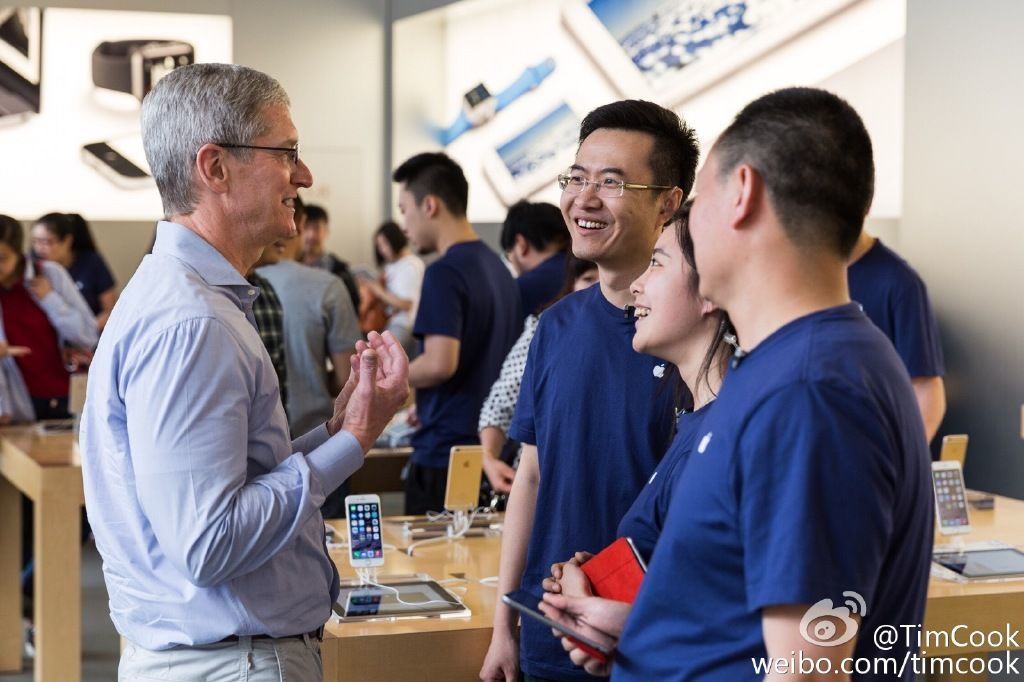In its biggest move yet to regulate Apple in China, the Chinese government has forced Apple to shut down its iBooks Store and iTunes Movies in the country — just six months after the services were first made available.
While the government initially approved the launch, the State Administration of Press, Publication, Radio, Film and Television reportedly changed its mind and demanded that Apple shutter the service.
“We hope to make books and movies available again to our customers in China as soon as possible,” an Apple spokeswoman said in a statement.
This isn’t the first time Apple has run into problems with the Chinese government. In 2014, national security concerns raised in the state-controlled Chinese media resulted in Apple switching to China Telecom’s servers instead of its own to power iCloud for Chinese customers.
Last year, Apple was forced to accept the Chinese government’s demands that it run network safety evaluations on all Apple products before they can be imported into the country. Its products were also booted off the list of approved state purchases, along with other Western companies such as Cisco and Intel — in favor of thousands of Chinese-made products.
Even the arrival of Apple Pay, which has proven immensely popular among customers, was endlessly delayed by regulators — while Apple had to agree to much lower earnings per transaction in order to win the approval of Chinese banks.
Why does Apple put up with all of this? Namely because of the size of the Chinese market. Tim Cook has been open about his belief that China will soon overtake the U.S. as Apple’s biggest market, and for this reason acknowledges that Apple designs its new products with Chinese consumers in mind.
Speaking with CNBC about the current banning of the iBooks Store and iTunes Movies, Chinese economy expert Daniel H. Rosen says that it is about favoring local companies.
“They are interested in protecting the content that the Chinese people see, policing its national security and favoring indigenous giants such as Huawei, Alibaba and Tencent,” Rosen said. In this new era, China “is strongly disinclined to accept the dominance of foreign players on the Internet, not least those from the United States.”
Let’s hope all of this is worth it for Apple!


